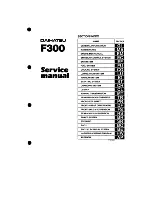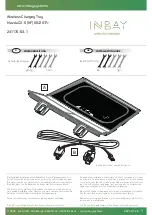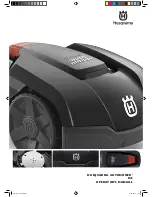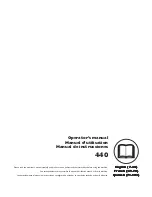
Damage to the engine or exhaust system is
caused by the following:
R
using engine oils and oil filters that have
not been specifically approved for the
service system
R
changing the engine oil and oil filter after
missing the change interval required by
the service system
R
using engine oil additives
!
Do not add too much oil. Topping up with
too much engine oil can result in damage to
the engine or to the catalytic converter.
Have excess engine oil siphoned off.
Example: engine oil filler cap
X
Turn cap
:
anti-clockwise and remove it.
X
Top up the engine oil.
If the oil level is at or below the MIN mark on
the oil dipstick, top up with 1.0 l of engine
oil.
X
Replace cap
:
on the filler neck and turn
clockwise.
Make sure that the cap locks securely into
place.
X
Check the oil level again with the oil dip-
stick (
Y
page 324).
For further information on engine oil, see
(
Y
page 400).
Checking and adding other service
products
Checking the coolant level
G
WARNING
The cooling system is pressurised, particu-
larly when the engine is warm. If you open the
cap, you could be scalded if hot coolant
sprays out. There is a risk of injury.
Let the engine cool down before you open the
cap. Wear gloves and eye protection. Open
the cap slowly to release the pressure.
!
The coolant level must only be checked
and corrected when the engine has cooled
down (coolant temperature under 40 †).
Checking the coolant level when the cool-
ant temperature is over 40 † can lead to
damage to the engine or engine cooling
system.
Example
X
Park the vehicle on a level surface.
Only check the coolant level if the vehicle is
on a level surface and the engine has
cooled down.
X
Turn the key to position 2 in the ignition
lock (
Y
page 157).
X
Check the coolant temperature display in
the instrument cluster.
The coolant temperature must be below
40 †.
X
Turn the key to position 0 in the ignition
lock (
Y
page 157).
326
Engine compartment
Maintenance
and
care
















































